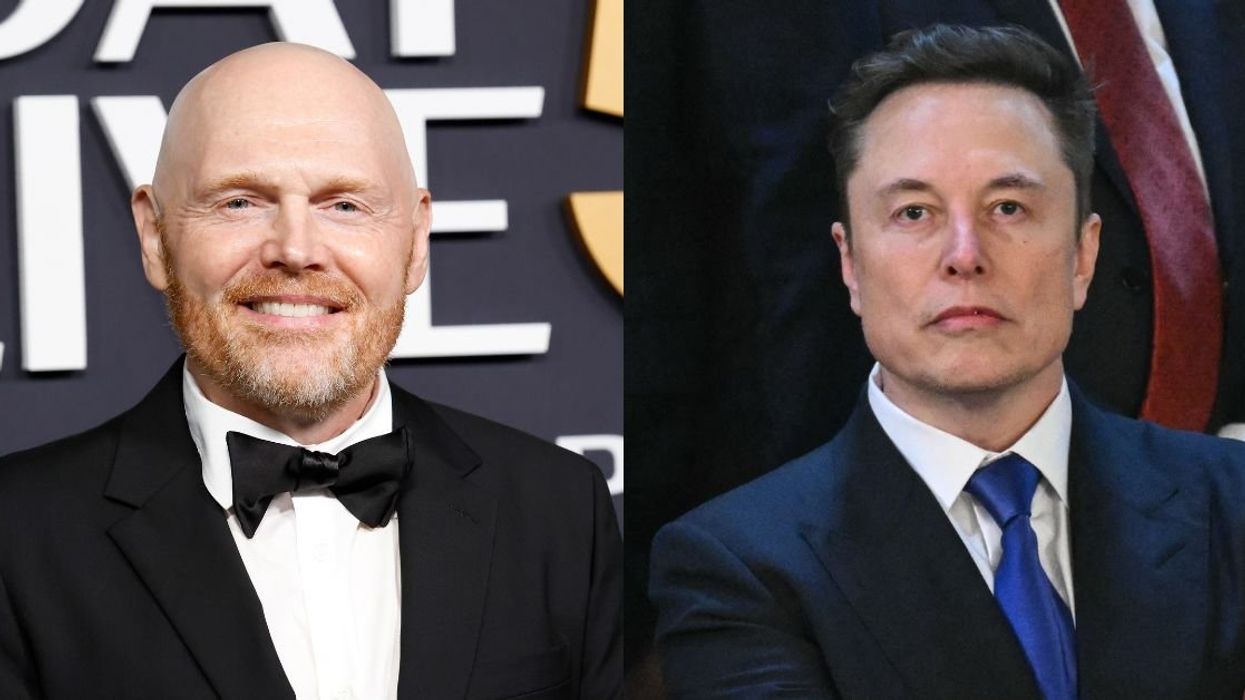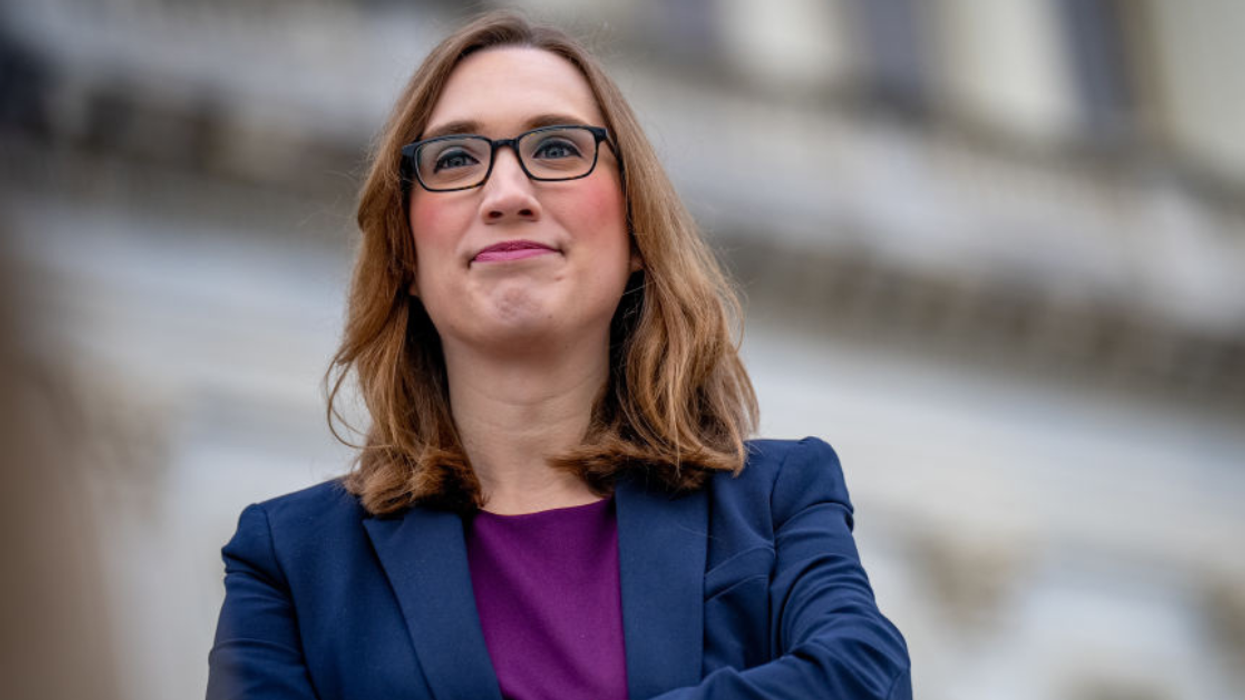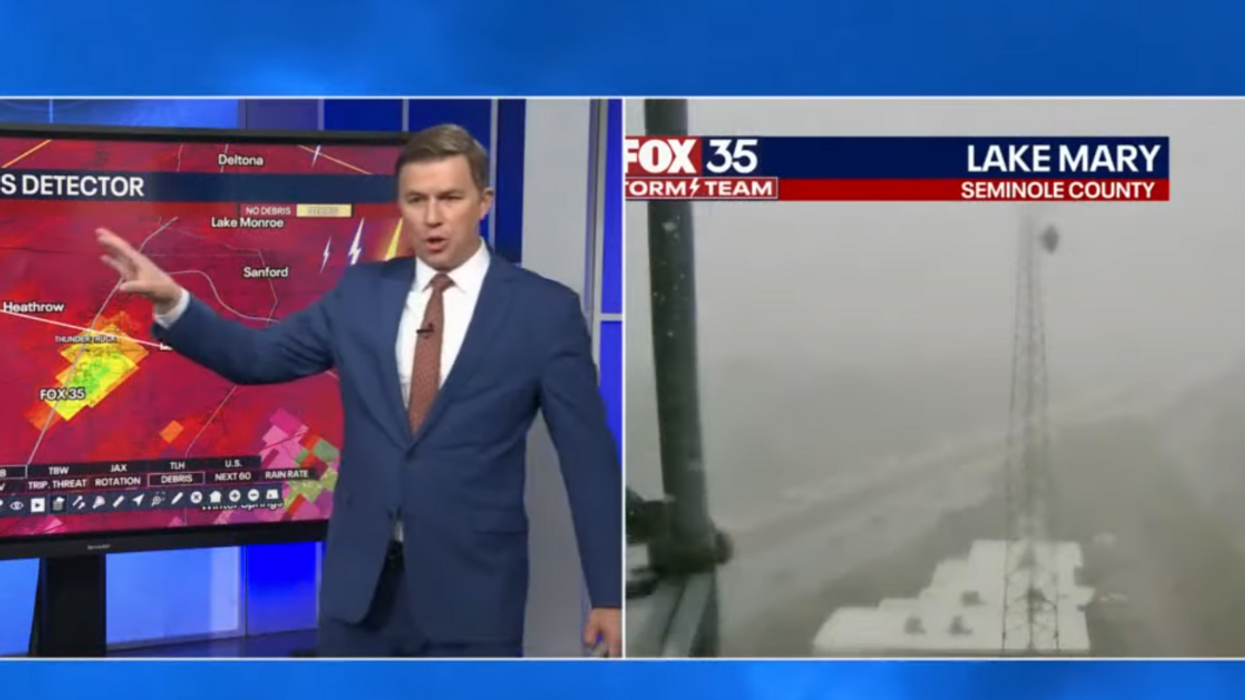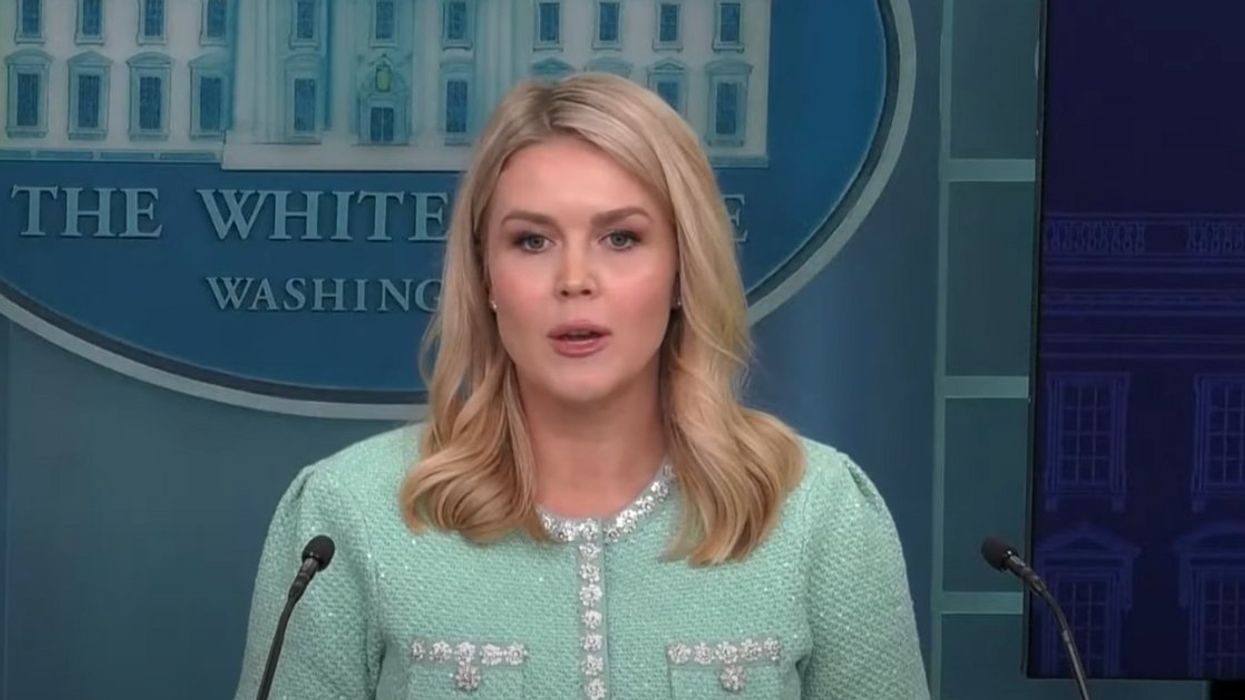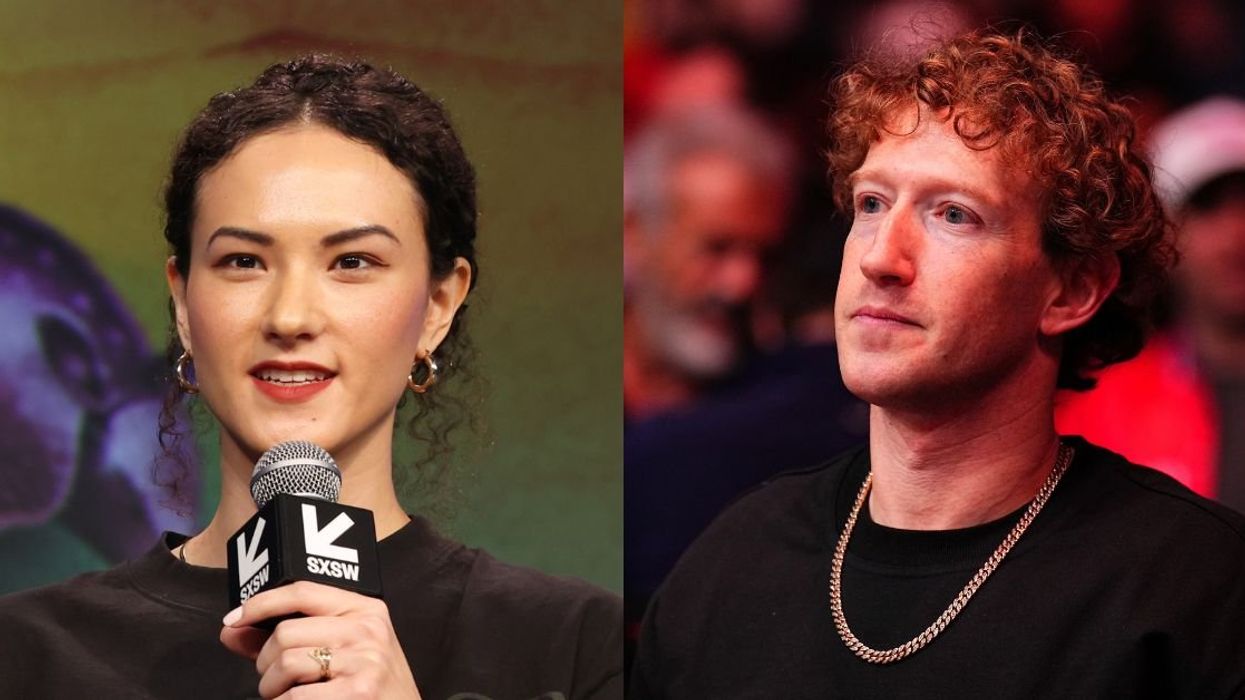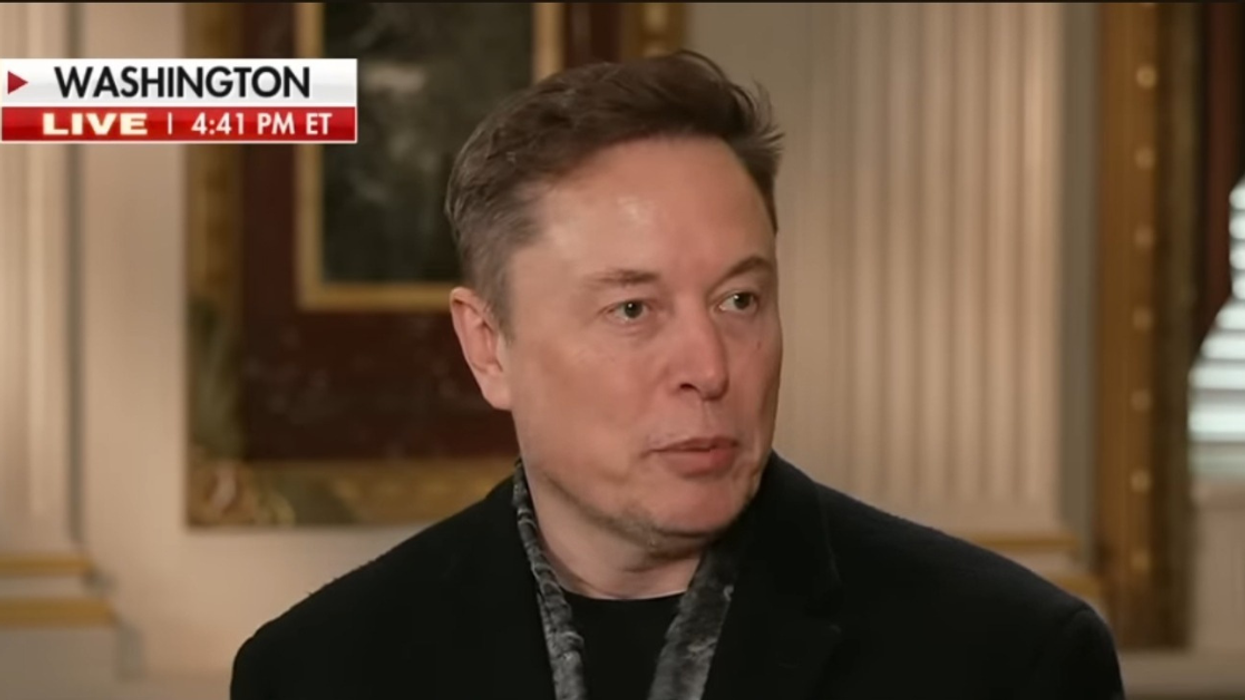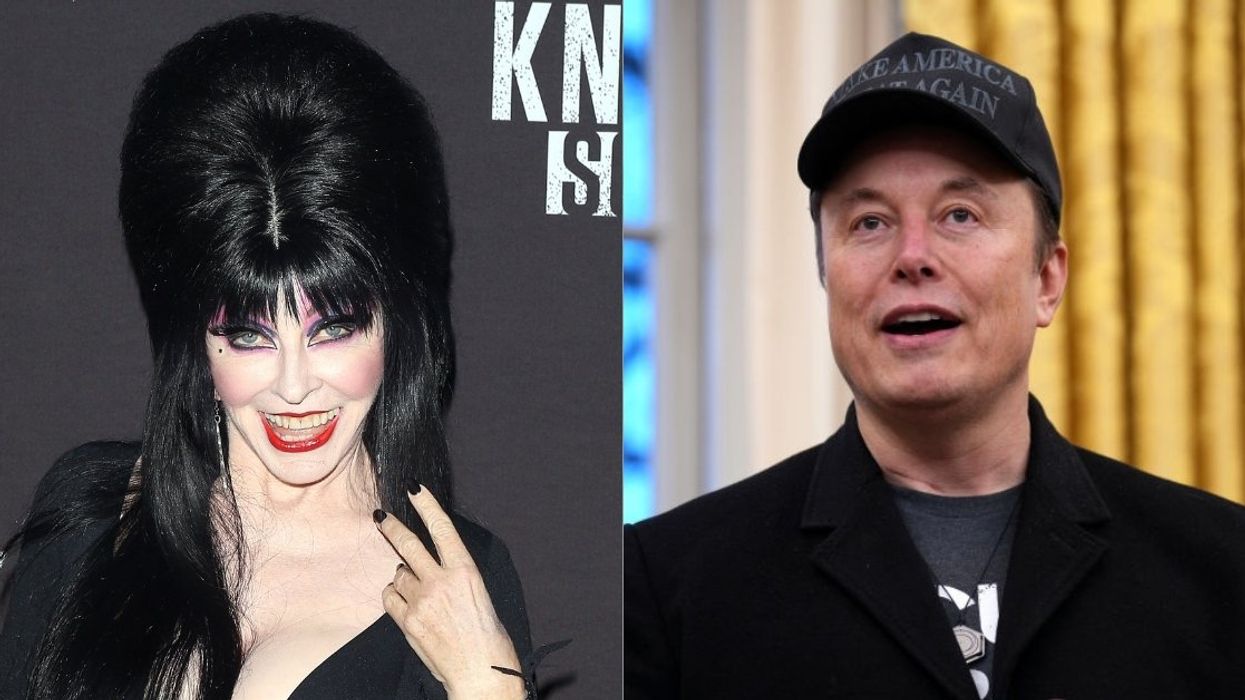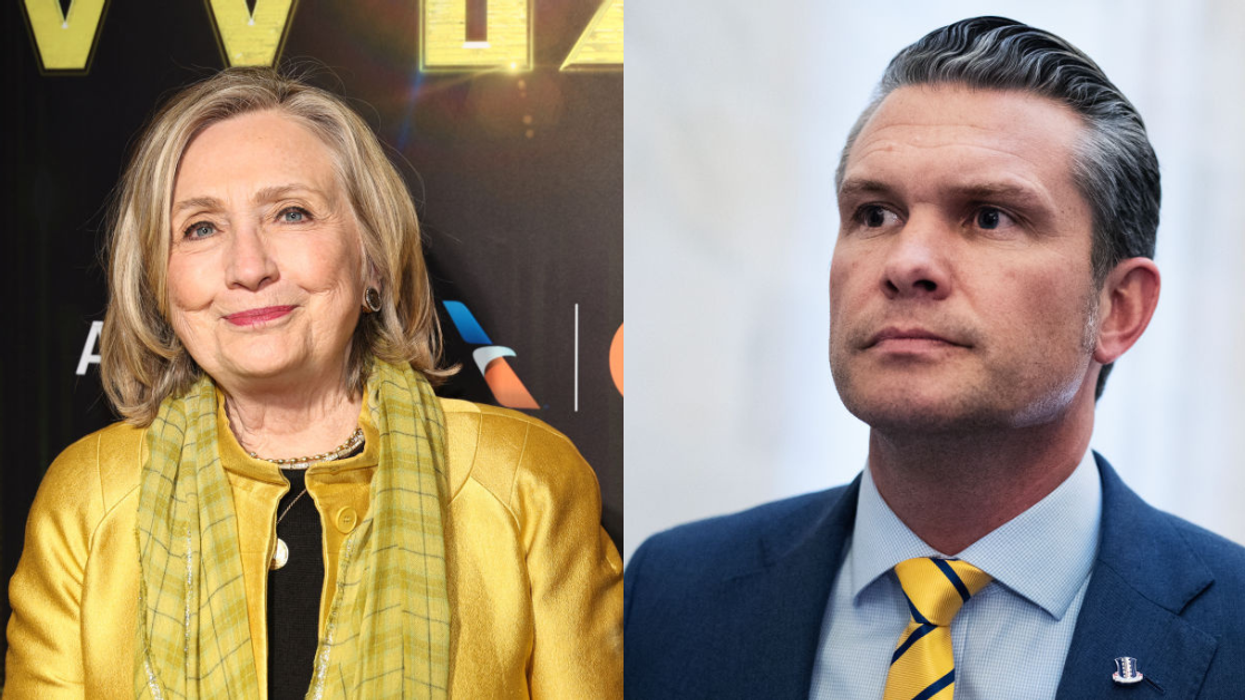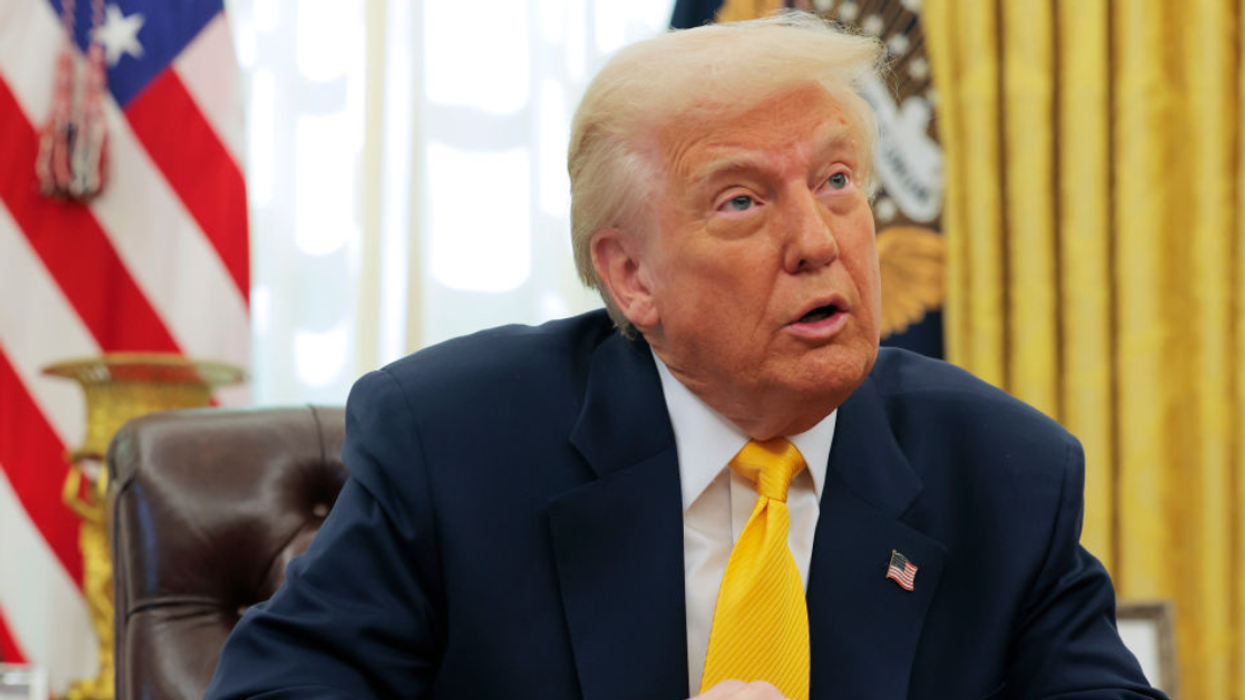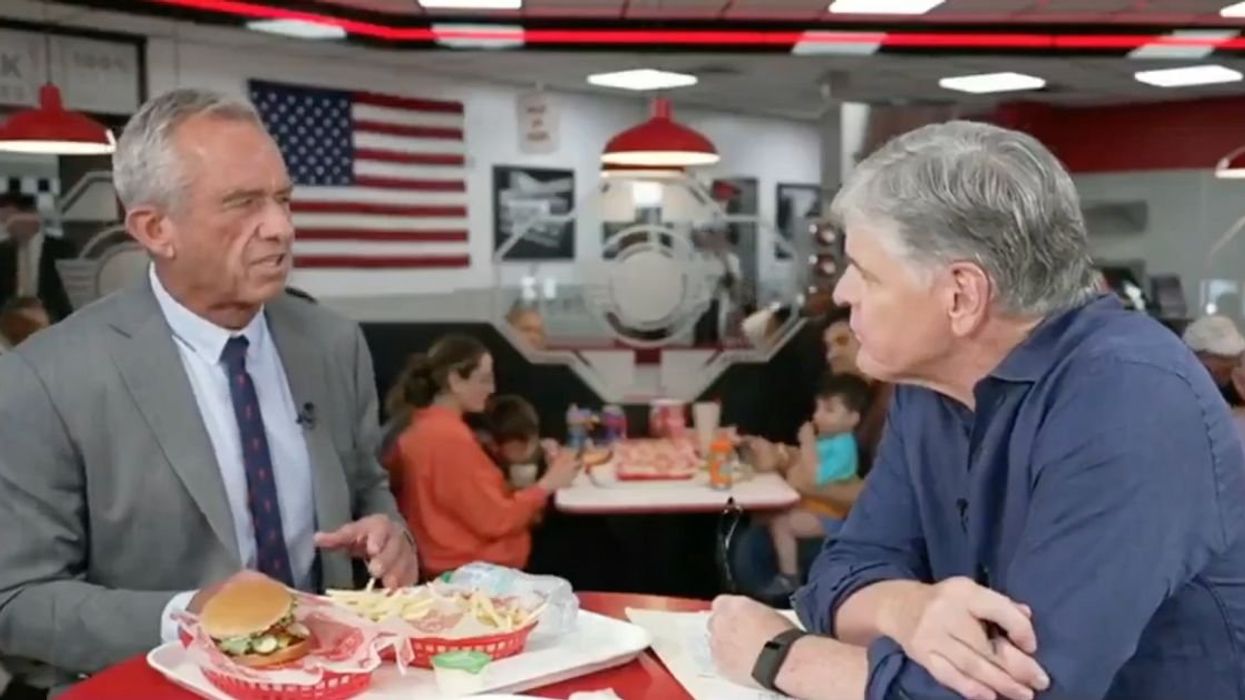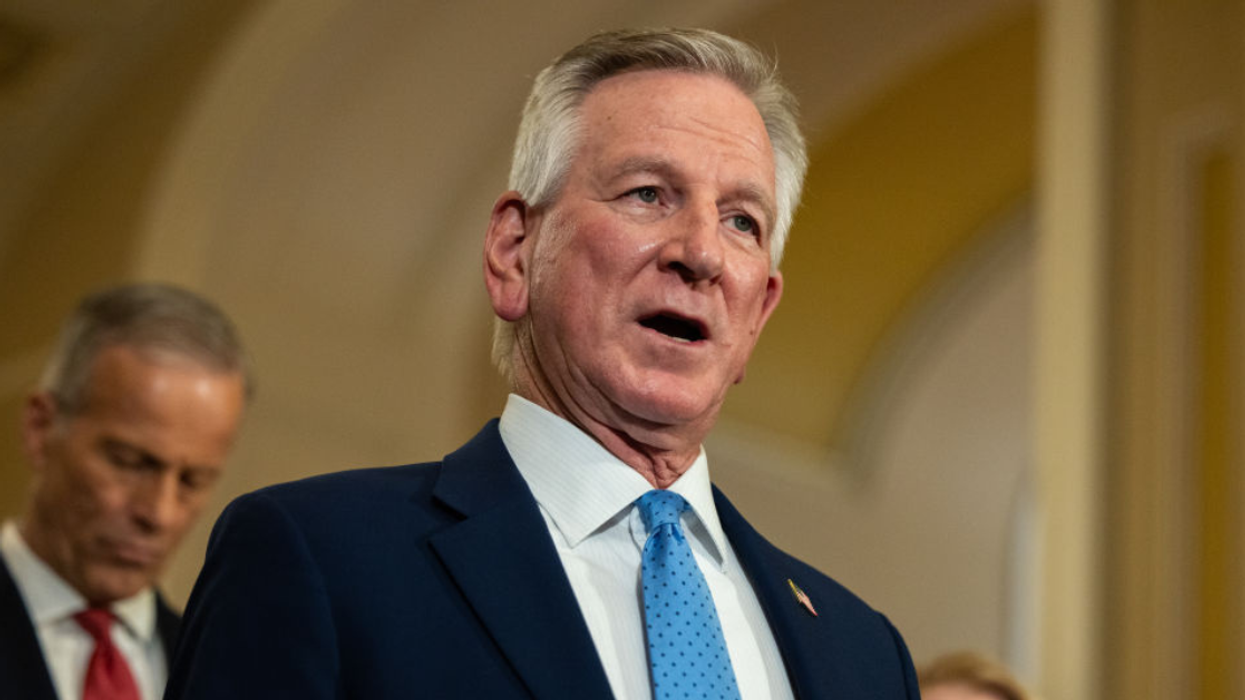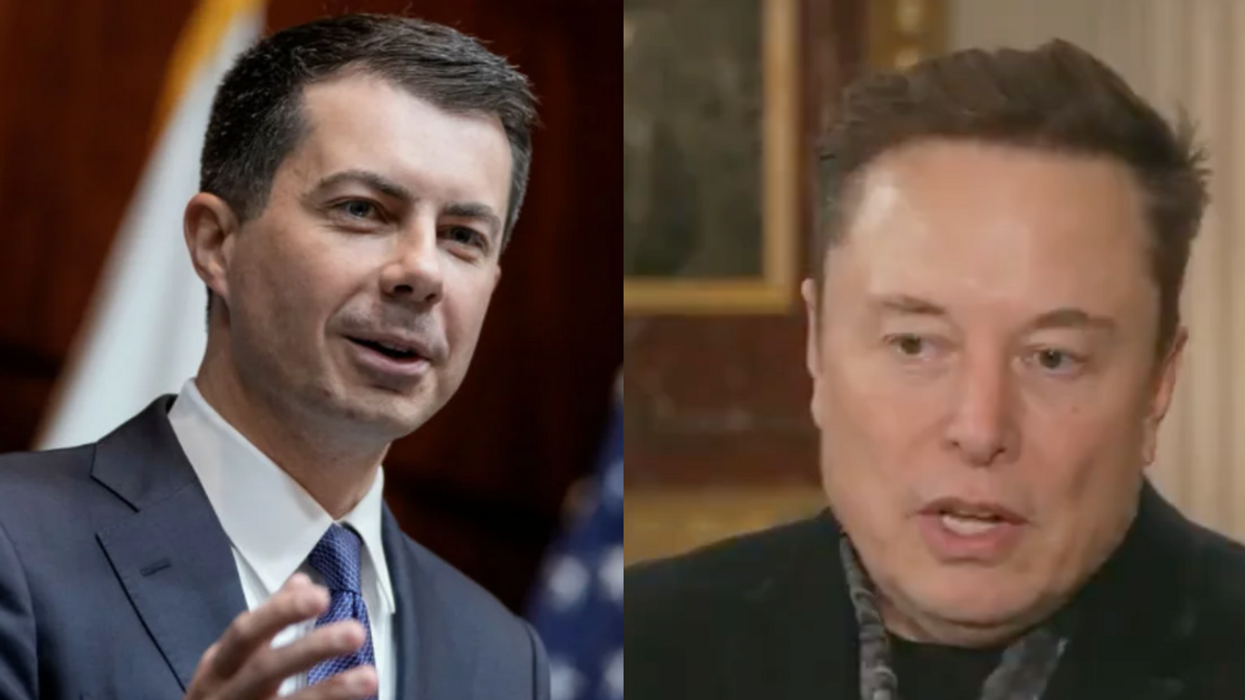As the UK Gambling Commission donates £9 million to charity Gamble Aware to help curb the impact of the pandemic on risky betting, a recovering addict has told how lockdown has created the "perfect storm" for relapses.
Aged just 11 when he placed his first bet, Matt Blanks, 35, became so hooked that he lost over £700,000 (~$865,000), spent 16 years working in betting shops and pushed away "everybody that ever cared" about him – before kicking his habit and becoming an advocate and project manager for gambling awareness charity, BetKnowMore UK.
Keen to raise awareness of the impact of the lockdown on recovering addicts and gamblers, father-of-two Matt, of Southend-on-Sea, Essex, England, said:
"Relapse often comes from an imbalance in life."

He continued:
"The current situation is not good for any addict in recovery."
"Losing work or income changes life balance, causing stress and increasing the desire to make up for the fall in income."
"On the flip side, people with more money – from not commuting, or going out less – will be feeling the urge to gamble, because they have extra cash to splash."
He added:
"Combined with general stress and worry, boredom, and a lot of time on our hands, it's the perfect storm and set of conditions for a relapse."
Matt's addiction was awoken after his parents, David, 73, and Heather, 65, split up in 1996, when he found comfort visiting his granddad, Frederick, who passed away aged 80 and first introduced him to gambling.
Visiting every weekend after his dad and granddad moved in together, Matt recalled:
"Whenever I visited, my granddad would be writing out bets and one day he asked me to pick a horse and it won – despite the odds being 33:1."
He continued:
"He gave me £30 as a treat and that was my first experience of gambling being a reward – which stuck with me."
Matt's five tips for recovery during lockdown
- Put safeguards in place, such as Gamstop and Gamban.
- Find something else to do with your time. Look for free online courses, read a book, use this time to do something different. Put as many blocks in place from you and gambling as possible.
- If you're not ready to stop, set deposit limits and use time out facilities on your online gambling accounts.
- Using self-help tools on such as online CBT therapy, chat rooms, forums, twitter, plus Gamblers Anonymous are doing online Zoom meetings.
- Keep connected to friends and family, if you get urges pick up the phone talk to some.
From then on, every weekend he would help his grandad write out bets at home, before heading to the betting shop together.
Feeling "part of something" for the first time, this continued for the next four years before, aged 15, he started gambling for himself, despite being three years younger than the UK legal minimum age for gambling of 18.

"I started betting independently," he said. "It was always on horses, and no one really questioned it, despite my age."
"When my mates were playing football on the field, I'd be playing card games I'd learnt at my granddad's for money at school."
Until then, Matt had believed his gambling was simply a hobby to pass time.
But that all changed when he turned 17 and received an inheritance of £1,000 (~$1,236) from his grandma, Elsie, who passed away in 2001, aged 70.
Describing how she had intended for the money to be spent on driving lessons, instead, Matt put £1,000 on a horse at Royal Ascot.
"I'd been watching the horse all year and thought he couldn't be beaten," Matt said.
He continued:
"But he was beaten – right at the line. That's the first time I thought I had to make my money back and win back my losses. It was a turning point."
When Matt reached 18 the following year, keen to earn as much money as possible to fund his habit, he applied for a job at his local betting shop where, within three months, he had shown such flair that he was made store manager.
"It was a dream job for me," he said. "I'd decided from the age of 15 that's what I wanted to do and for a very long time I loved it."

He continued:
"I knew everything there was to know about gambling and that's how I rose through the ranks so quickly."
Before starting full-time work, Matt had been restricted to gambling on the weekends, but now he found himself placing bets every day.
He added:
"I was surrounded by gambling, non-stop. I became friends with some high-stakes customers. They would bet big, so I felt I had to bet big too."
Admitting that he could easily blow his entire pay packet in one day, Matt had to begin thinking of alternative ways to fund his habit.
Relying on overdrafts, credit cards, and loans, it did not take him long to start asking for help from his nearest and dearest.
"I'd come up with all sorts of excuses," he explained. "I'd say that I'd lost my wallet, that I'd been mugged, or that I hadn't been paid."
And, by the age of 21, Matt had racked up tens of thousands of pounds in debt, as he tried and failed to win back his losses.
"I told my mum I'd stop. But, in reality, I was manipulating her, and although she tried to help bail me out I ended up blowing it all," he said.

He continued:
"I felt like I'd ruined my life by the time I was 21, but the gambling just kept going on and on."
Meeting his ex-partner not long after, in 2007, within a year the couple were moving into their new home together, which they furnished with a "big win" of Matt's.
While she was aware Matt enjoyed gambling, she did not know the extent of his addiction.

He said:
"The cracks were always there because of the gambling."
"We had a joint account and money would go missing. I knew which days the statements would arrive so I would pretend to go to work, put on my uniform and I'd intercept the post."
"It got so bad it seemed as if I was having an affair. I'd pretend to go to the toilet, but I was looking at races and placing bets."
He continued:
"I always thought I'd get the money back. I was always chasing that final, life changing win."
The strain of Matt's addiction was too much for the couple and, in 2016, their relationship broke down.
Working long hours, coming home to an empty house, and with gambling debts soaring out of control, on June 17, 2018, it all became too much for him.

He said:
"I'd made up the millionth excuse to my dad to get some extra cash and it just dawned on me, why couldn't I stop?"
"Everyone knew I had a problem. I'd damaged all the relationships in my life. I thought the only way to stop was to end my life."
“I made a failed attempted that night, and that's when I realized that taking my own life would only lead to more devastation."
He continued:
"I had to reach this rock bottom before I could start to work my way up."
Coming clean to his employer – then working for an independent bookies in Southend – Matt was put in touch with Frankie Graham, the CEO of BetKnowMore UK.
During an intensive three-month treatment course for gambling addiction, he had one-on-one sessions with recovering addicts, cognitive behavioral therapy, and peer group therapy.
After completing his grueling treatment – where he worked out he had lost an eye watering £700,000 to gambling – Matt began volunteering at BetKnowMore UK, talking about his own experiences to help others, before becoming a full-time community outreach worker in December 2018.
"In a matter of months my life had completely turned around," he said. "I'd developed coping mechanisms for my urges and was speaking at conferences and to gambling operators about my lived experiences."
Recovery experts were so impressed by his outreach work that, when the charities GamCare and Gamble Aware commissioned a peer support program for gamblers, Matt was made project manager.
He said:
"Everyone who is referred for gambling treatment is offered the chance to talk to someone with lived experienced – like me – through the service."
"It's a buddy system. It's the opportunity for everyone to talk out their addiction with someone who has come through the other side themselves. "
Applauding the government's decision to remove all radio and TV adverts for gambling during lockdown, Matt still firmly believes more needs to be done to combat addiction.

Particularly concerned by pop-ups on social media, in apps, and on the internet, encouraging gambling, he said:
"More needs to be done. Sadly, it sounds like the recent government action is only a temporary measure and it won't make the problem go away."
"There are free safeguards that you can take, though. Free self-exclusion software, such as GamStop, stops you being able to open accounts with online gambling sites and prevents you from logging in to your old accounts."
"Similarly, GamBan, another piece of blocking software, prevents you from viewing any kind of gambling website whatsoever."
He continued:
"But my biggest piece of advice for anyone out there struggling right now is to talk to somebody."
"There is nothing to be ashamed of, and a problem shared really is a problem halved."
"As for anyone out there who knows of someone struggling – please let them know you're there."

Matt concluded:
"Helping one person might not change the world, but it might change the world for that person."
If you are having problems with your gambling, or feeling vulnerable during lockdown, you can call the National gambling helpline in the UK for advice and support at 08088020133 or visit www.gamcare.co.uk, or in the US at 1-800-522-4700, or by visiting https://www.ncpgambling.org/
To begin the process of self-excluding from online gambling sites in the UK, please visit www.gamstop.co.uk



